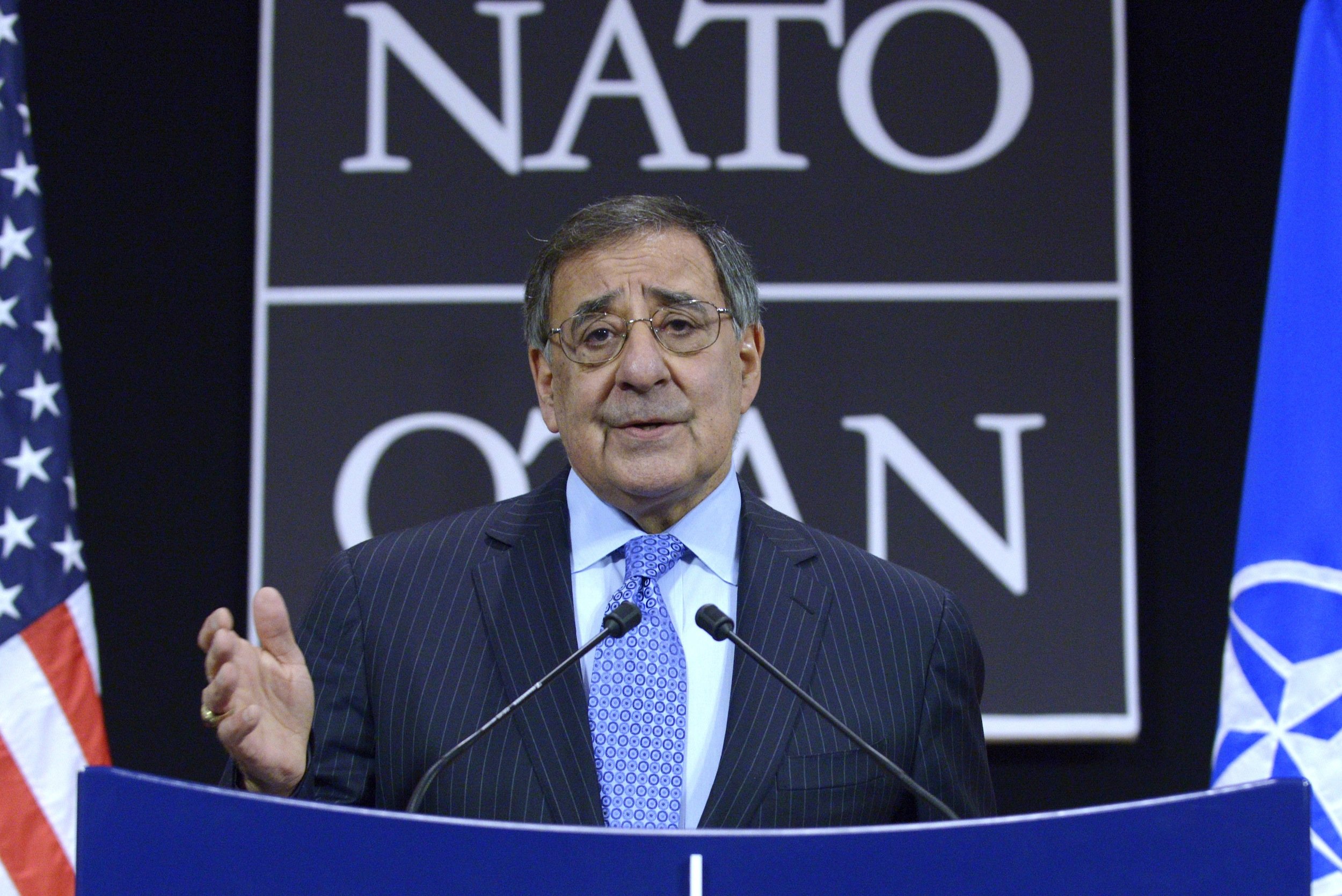
More than a decade after CIA interrogators began using "enhanced interrogation techniques" on Al-Qaeda operatives, expert opinion remains sharply divided over the efficacy—and moral justification—for using torture on terrorists. Over the years, the facts have been clouded by movies and TV shows in which torture always works and by the justifications of officials who have a stake in defending it.
The latest authority to wade into the fray is former CIA director Leon Panetta, who arrived at the spy agency after waterboarding and other harsh methods had been banned but spent a good deal of his tenure straddling the conflicting demands of the White House and Senate Intelligence Committee on how to deal with the political fallout of those practices.
Early in the Obama administration, Panetta recounts in his new memoir, Worthy Fights: A Memoir of Leadership in War and Peace, then-White House chief of staff Rahm Emanuel reamed him out for agreeing to give Senate investigators access to documents on the Bush administration's use of torture techniques. "The president wants to know who the fuck authorized this release to the committees," Panetta quotes Emanuel demanding, slamming the table in a sulfurous, 2009 White House meeting.
Five years later, the struggle between the White House, CIA and Senate Intelligence Committee over the release of the latter's mammoth investigation into interrogation remains unresolved. Likewise, Panetta says he remains uncertain about the intelligence value of harsh interrogations. "No one shouted out [Osama] bin Laden's address when strapped to a waterboard," Panetta writes. "Rather, it was the slow accumulation of leads, one building up on the last, some extracted, unfortunately, after unsavory techniques were used," that enabled Navy SEALs to kill the elusive Al-Qaeda leader in May 2011.
"Harsh interrogation did cause some prisoners to yield to their captors and produced leads that helped our government understand Al Qaeda's organization, methods, and leadership," writes Panetta. "At bottom, we know we got important, even critical intelligence from individuals subjected to these enhanced interrogation techniques. What we can't know—what we'll never know—is whether those were the only ways to elicit that information."
Panetta's views are a model of equivocation, a skill no doubt sharpened by his nine terms in Congress and a stint as White House chief of staff in the fractious Clinton administration. In 2012, Panetta's temporary successor, acting CIA director Michael J. Morell, was far more blunt in dismissing the value of harsh methods in tracking down Bin Laden as depicted in the controversial thriller Zero Dark Thirty. "The film creates the strong impression that the enhanced interrogation techniques...were the key to finding bin Laden. That impression is false," Morell said in a statement circulated to CIA employees.
That hasn't stopped officials involved in approving those harsh methods from repeatedly, and falsely, claiming that they were crucial in getting bin Laden. "Days after the raid in Abbottabad, former Attorney General Michael Mukasey wrote an op-ed titled 'The Waterboarding Trail to Bin Laden,'" noted a bipartisan task force on interrogation co-chaired by former Bush administration Homeland Security official Asa Hutchinson and former U.S. ambassador and Democratic Rep. James R. Jones. "The intelligence that led to the raid, Mukasey asserted, began with a disclosure from Khalid Sheikh Mohammed (KSM), who broke like a dam under the pressure of harsh interrogation techniques that included waterboarding. He loosed a torrent of information—including, eventually, the nickname of a trusted courier of bin Laden.
"It later became apparent that this account was wrong," the task force concluded in its 2013 report. "KSM hadn't revealed the courier's alias. According to an American official familiar with KSM's interrogation, KSM wasn't asked about [the courier] al-Kuwaiti until the fall of 2003, months after his waterboarding had concluded."
Harsh interrogations can also be a waste of time, several former interrogators have said. "When detainees provide false information so as to avoid mistreatment or the threat of mistreatment, resources are diverted to track down false information and torture becomes counterproductive," the task force said. "Former FBI agent and interrogation expert Joe Navarro told Task Force staff, 'You spend time on bad leads.'" Bad leads, he said, "eat up time."
Navarro was one of 17 former top CIA, FBI and military intelligence officials to sign a public statement only days ago denouncing harsh interrogation techniques as morally reprehensible and ineffective to boot. "The application of psychological, emotional, and/or physical pressure can force a victim of torture to say anything just to end the painful experience," said the statement, signed by former CIA officials Frank Anderson and Glenn Carle, former FBI officials Oliver "Buck" Revell and Mike Rolince, and retired Lieutenant General Harry E. Soyster, a former director of the Defense Intelligence Agency, among others.
"The challenge of interrogation is not 'to make people talk'; instead, it is to obtain precise and credible information," said a statement issued by Human Rights First, a New York and Washington, D.C.-based organization. "Coercive interrogation practices have historically only proven effective in support of propaganda campaigns, where small kernels of truth are surrounded by a litany of falsehoods and unfounded allegations. Effective national security policies can only thrive when driven by reliable intelligence information; there is no place for questionable, coercion-based information within the U.S. justice, intelligence, or security processes."
In that, Panetta and the critics find some common ground. The former CIA director calls José Rodriguez, the agency official who oversaw the interrogations and ordered the destruction of videotaped sessions, "an admirable public servant, and he makes a good case."
But, Panetta writes in his book, "his analysis underplays the important intelligence leads gained without resorting to harsh interrogation, and pays too little heed to the damage done to American values by stooping to the practice."